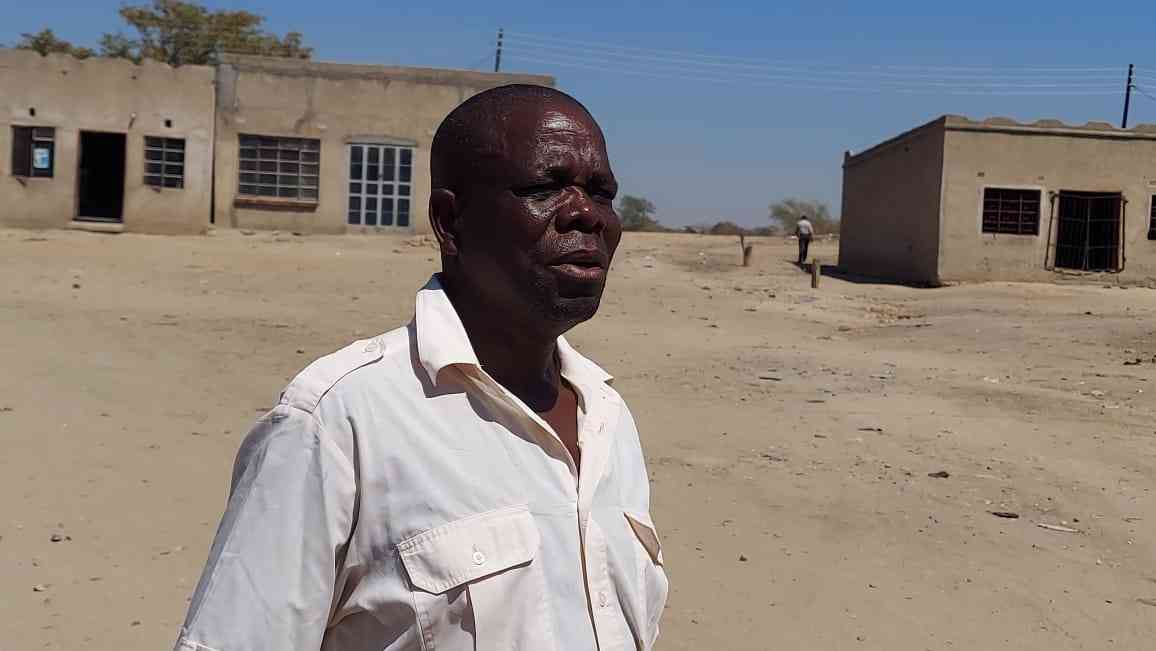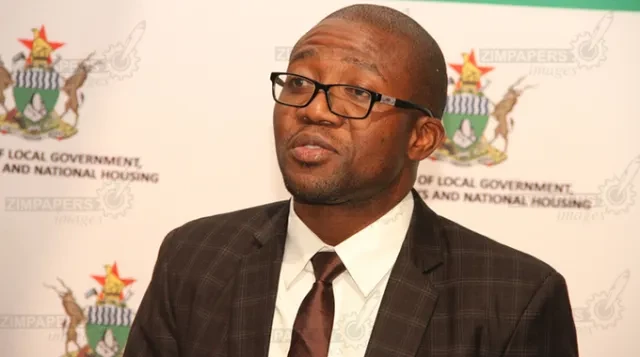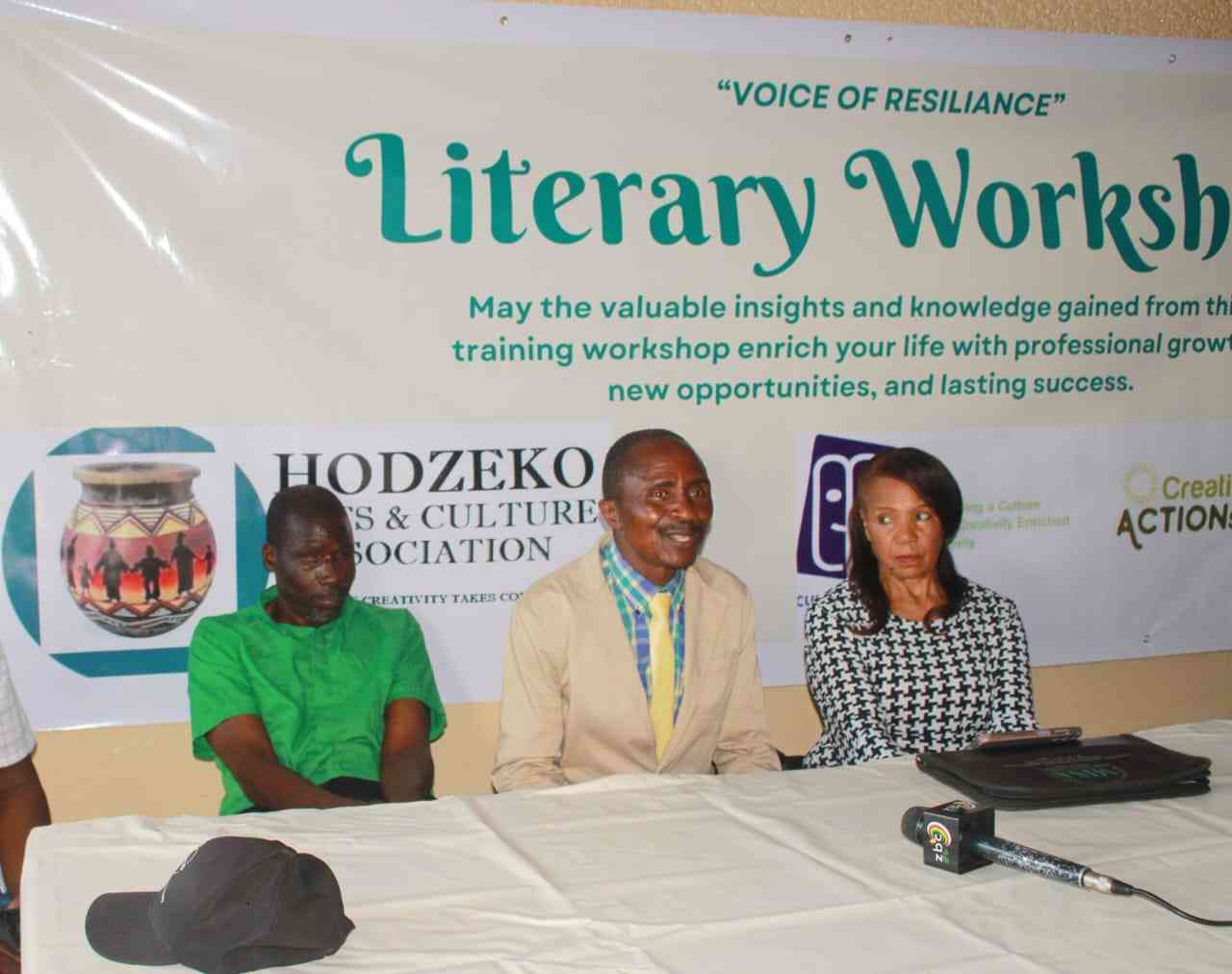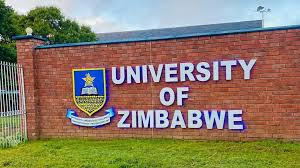
GOKWE North and South were renowned cotton-producing areas and recorded phenomenal infrastructural development just after independence.
There was mass exodus of villagers from other districts, particularly from arid areas such as Mberengwa, Shurugwi and Zvishavane in Midlands, as well as Gutu, Zaka and Chivi in Masvingo who were enticed by cotton farming and came to settle in the two districts of Gokwe.
However, perennial droughts and floods, coupled with extreme heatwaves over the years, have painted a gloomy picture about the future of the cotton industry.
This has resulted in a reduction in cotton production in the country to an all-time low of 32 000 tonnes in 2016 from 84 000 tonnes in 2015.
The entire cotton industry value-chain collapsed, a development that heralded doom for Gokwe communities forcing young people to find refuge in major cities while others journeyed across borders.
In 2022, disasters triggered a record 32,6 million people internal displacements globally, of which 98% were caused by weather-related hazards such as floods, storms, wildfires and droughts, according to the International Displacement Monitoring Centre.
For 17-year-old Delight Tsaura of Chikuni village in Gokwe South’s ward 14 under Chief Nemangwe, the panacea to the drought and other weather extremes is to migrate to South Africa.
“I hope to go to South Africa after completing school and find a job,” he said.
- Bantuman I introduces schools festival
- Bantuman I introduces schools festival
- Traditional healer poisons Gokwe family
- Flash floods hit Gokwe North
Keep Reading
“Most of my peers and colleagues from the neighbourhood have gone to South Africa because of the perennial droughts.
“My mother and brother died early this year and I stay here alone after my sister went to Harare to look for a job.
“Our father left us and is staying with another wife in Empress [Zhombe].
“He doesn’t care about us anymore.”
Tsaura said drought and the climate crisis have adversely affected their food security, compelling him sometimes to dodge lessons.
“Sometimes I don’t go to school because of hunger,” he said.
“My neighbours have been helpful, but I also feel that due to drought they might be struggling as well.
“I am now counting on my sister who went to Harare to help me with food.”
Tsaura has lost hope in farming as a result of poor rainfall.
“I tried to farm just like anyone else in the village, but the crops failed as a result of poor rainfall,” he said.
“This has been happening here for years and we have these extreme heatwaves.
“I should join my friends and go with them to South Africa.”
There are an estimated 1,5 million Zimbabweans living in South Africa, many of whom migrated as a result of recurring droughts, social and economic unrest.
Zimbabwe is in the grip of an El Nino-induced drought, which has resulted in massive crop failure, depletion of water resources and pastures.
The recurring droughts have contributed to food insecurity as well as limited access to clean and safe drinking water mostly in rural areas, with Gokwe among the most affected.
Lucia Ngomeni, a Zimbabwe Red Cross Society (ZRCS) volunteer in Gokwe South’s ward 14, said villagers in the area were experiencing heatwaves, protracted droughts and chaotic rainy seasons, which affected food security over the years.
“Gokwe was famed for farming, but lately we have been affected greatly by climate change,” she said.
“Our yields have gone down drastically and this season it was worse due to the drought.
“There is no food in most homes and most families are having one meal a day.
Ngomeni confirmed that Gokwe has been experiencing climate-driven migration.
“Most of our children are migrating to the cities, but the majority has gone to South Africa,” she said.
“Young girls are working as maids in the towns and most of their brothers are in South Africa.
“They are sending their parents money, but it’s not rosy that side, they say.
“They have no choice, but to cross the border and help their families back home.”
Councillor for the area Masara Masheedzanwa said his area was highly susceptible to climate change.
“Lately, we have been experiencing a change in precipitation patterns and more extreme weather, which has affected our farming,” he said.
“This year it’s even worse because of the drought.
“We did not harvest anything and even the drought tolerant crops failed.
“Some people are having one meal a day and others sleep on empty stomachs.
“As a leader, I am inundated by starving families who want assistance.
“It’s just terrible.”
Masheedzanwa said in the absence of livelihood support and social protection, they would continue to experience migration.
“Most young people are going to South Africa as there are no longer opportunities at home because of drought and other weather extremes,” he said.
“They go to South Africa and they are sending money back, which is helping many families.
“If we could have climate adaptation projects, we wouldn’t see these young people leave the village.”
Natural resource governance and climate change expert Tapuwa O’bren Nhachi said climate change, especially drought, was closely associated with economic loss.
“The migration of many young people from agricultural areas like Gokwe to South Africa, often seen as an economic haven for Zimbabwean migrants, is commonly attributed to the challenging economic conditions in Zimbabwe rather than climate change,” he said.
Nhachi said addressing migration related to climate change involved developing innovative solutions that targeted the root causes of migration.
“By addressing the underlying push factors, such as environmental degradation and resource depletion, efforts can focus on making the areas people are leaving more sustainable and habitable, thereby reducing the need for migration,” he said.
“Irrigation schemes are a great example.”
ZRCS is engaging communities in Binga, Mwenezi and Gokwe South districts as part of a needs assessment exercise in the face of the El Nino-induced drought.
The programme is being supported by the International Federation of Red Cross.
“The project focuses on in-depth qualitative data gathering from community members, community leaders, volunteers and key informants from the respective districts,” said ZRCS secretary-general Elias Hwenga.
He said this was being done following the declaration of a state of disaster after the rainfall patterns that were observed during the 2023/24 rainfall season which was significantly affected by the El Nino conditions that dominated the rainfall season.
Hwenga said his organisation was implementing climate resilient projects in order to contribute to enhanced individual, family, community and institutional resilience through strengthened capacities to cope, resist and endure risks.










